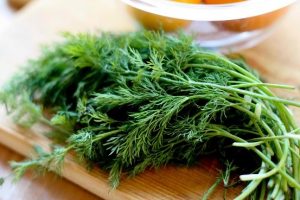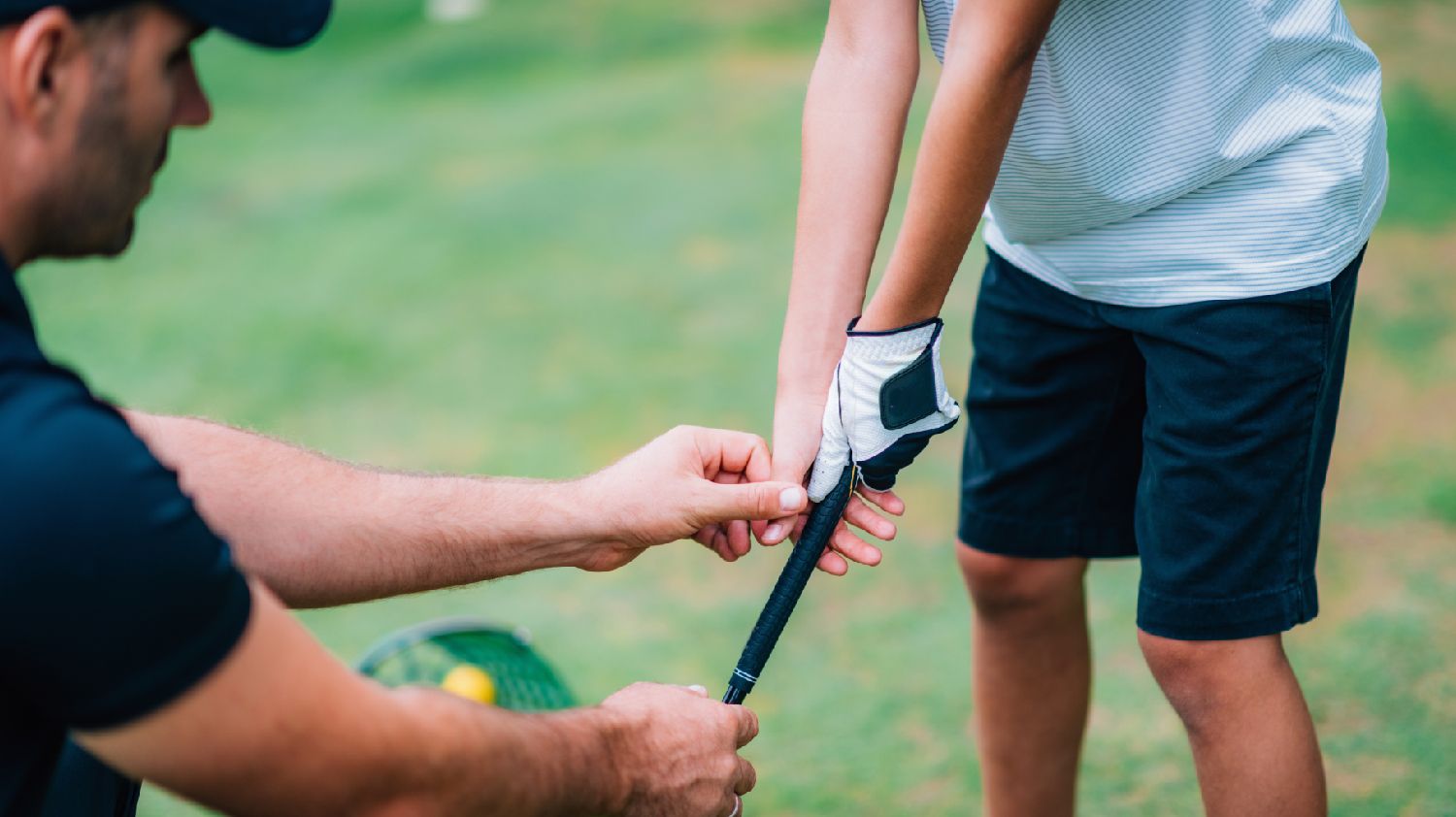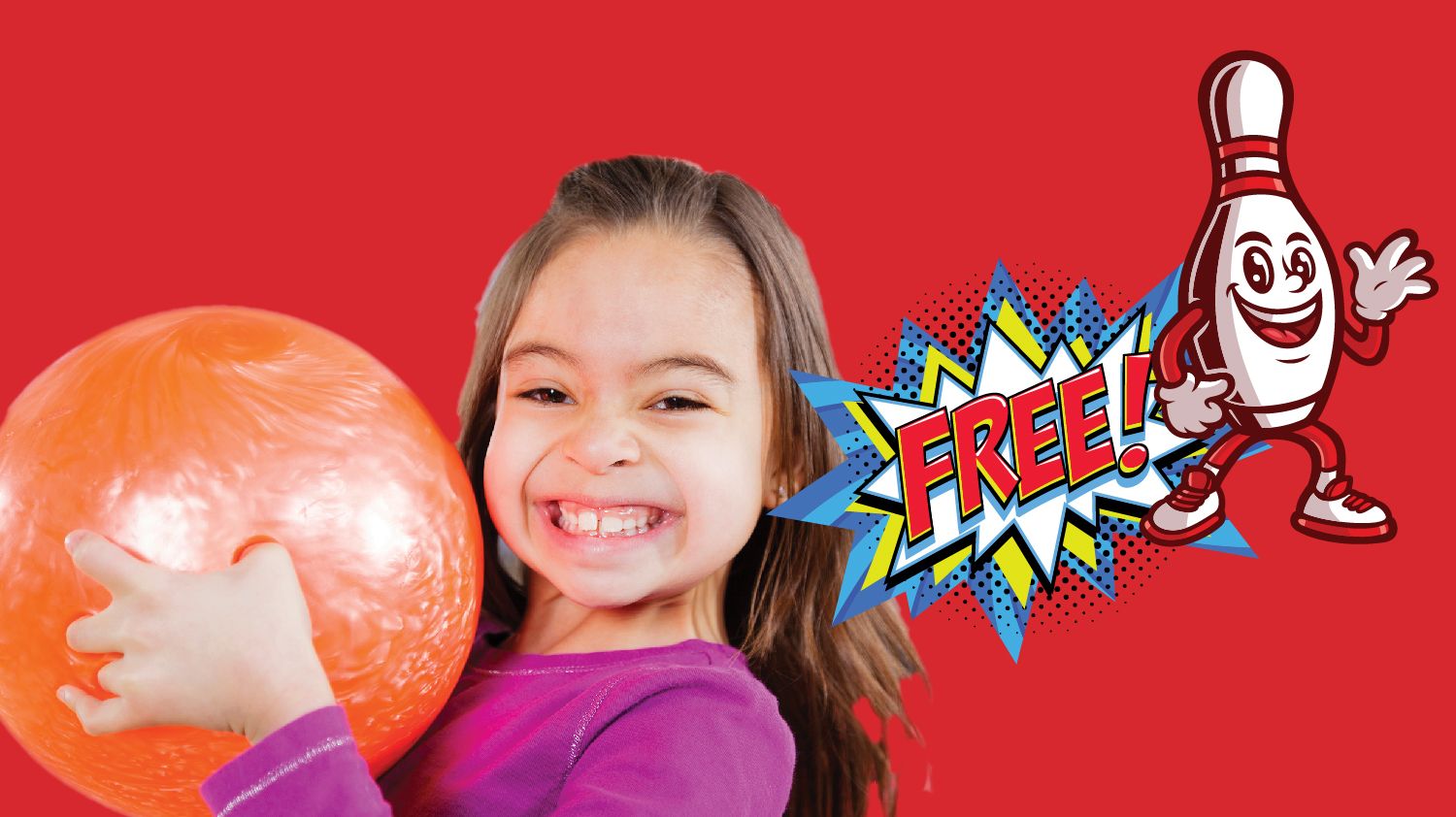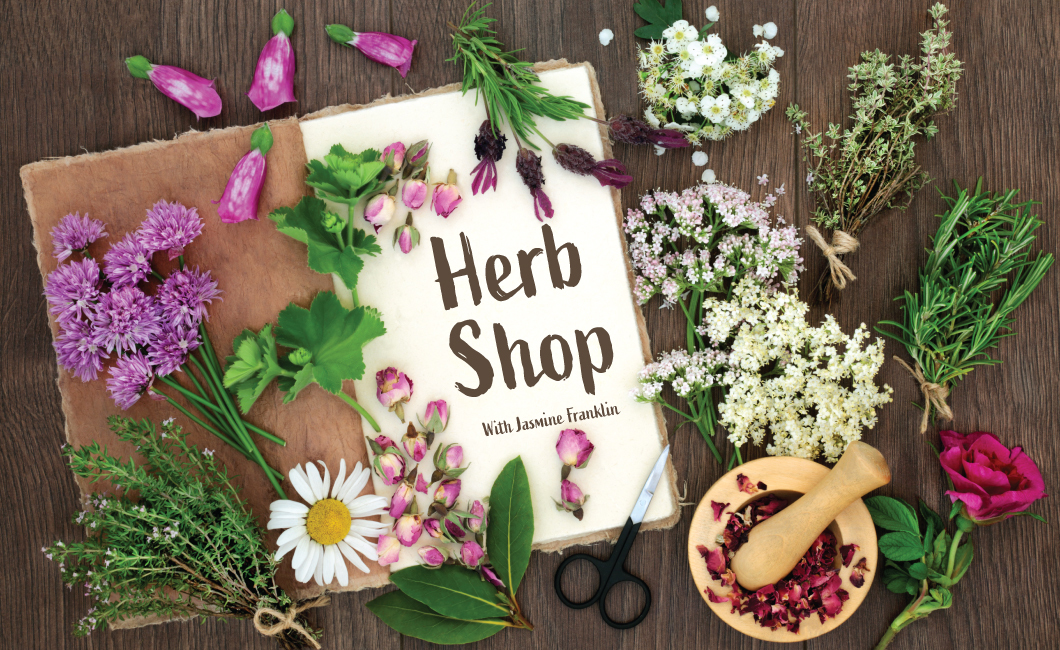- It has a lot of nutrients
- It may help lower high cholesterol
- It may have antioxidant properties
- It may have anti-cancer properties
- It may help soothe the stomach
- It may help prevent excessive gas
- It may help prevent infections in the mouth and minimize damage to the gums and teeth by free radicals.
- Pregnancy and breast-feeding: It’s POSSIBLY UNSAFE to use dill as a medicine if you are pregnant. Dill seed can start menstruation and that might lead to a miscarriage. There is not enough reliable information about the safety of taking dill as a medicine if you are breast-feeding. It’s best to stick to food amounts.
- Allergy to plants in the carrot family: Dill may cause allergic reactions in people who are allergic to plants in the carrot family. Some of these include asafoetida, caraway, celery, coriander, and fennel.
- Diabetes: Dill extract might lower blood sugar in people with diabetes. Watch for signs of low blood sugar (hypoglycemia) and monitor your blood sugar carefully, if you have diabetes and use dill extract in amounts larger than the amounts normally found in food.
- Surgery: Dill extract might lower blood sugar. There is concern that using dill extract might interfere with blood sugar control during and after surgery. Stop taking dill extract at least 2 weeks before a scheduled surgery.
- Lithium interacts with Dill: Taking dill might decrease how well the body gets rid of lithium. This could increase how much lithium is in the body and result in serious side effects. Talk with your healthcare provider before using this product if you are taking lithium. Your lithium dose might need to be changed.
- Dill seed essential oil
- Carrier oil (rosehip seed oil, argan oil, or olive oil)
- For example, for every two tablespoons of argan oil, include 10 drops of dill seed oil and 10 drops of chamomile oil, a calming and anti-inflammatory oil.
- Store your mixture in a dark, glass eyedropper bottle.
- Use alone as a rich moisturizer, or add a few drops of your oil blend to a lotion of your choice immediately before applying it. Apply anywhere you’d like to improve elastin or use as a skin-loving massage oil.
- 3 slices crustless white bread, torn into small pieces
- 9 tbsp. unsalted butter, melted
- Kosher salt, to taste
- 8 oz. hollow pasta, preferably elbow macaroni
- 1⁄4 cup flour
- 3 cups milk
- 4 cups grated graviera or kefalotyri cheese (about 12 oz.)
- 3⁄4 tsp. ground cinnamon
- 1⁄8 tsp. freshly grated nutmeg
- Freshly ground black pepper, to taste
- 2 tbsp. extra-virgin olive oil
- 8 large shallots, finely chopped
- 16 oz. baby spinach, roughly chopped
- 8 scallions cut into 1⁄4"-thick rounds
- 1⁄3 cup roughly chopped fresh dill
- 1 3⁄4 cups crumbled feta (about 8 oz.)
- Put bread into the bowl of a food processor and pulse until finely ground. Put bread crumbs and 3 tbsp. butter into a small bowl and combine; set aside. Bring a 6-qt. pot of salted water to a boil. Add pasta and cook until cooked halfway through, about 3 minutes. Drain pasta, rinse with cold water, and set aside.
- Heat remaining butter in a 4-qt. saucepan over medium heat. Add flour and cook, whisking constantly, for 1 minute. Still whisking constantly, slowly drizzle in milk and cook until sauce has thickened and coats the back of a spoon, 10–15 minutes. Remove pan from heat. Stir in graviera, cinnamon, and nutmeg and season with salt and pepper; set béchamel sauce aside.
- Heat oven to 350°. Heat oil in a 5-qt. pot over medium heat. Add shallots and cook, stirring often, until soft, 3–4 minutes. Add spinach and scallions and cook, covered, stirring occasionally, until wilted, about 3 minutes. Stir in the reserved béchamel sauce, the dill, and the reserved pasta and transfer mixture to a 9" x 13" baking dish. Sprinkle evenly with reserved bread crumbs and the feta. Bake until golden brown and bubbly, about 30 minutes. Let cool for 10 minutes before serving.
Written by Jasmine Franklin on April 3, 2019.
Plants have always been a part of my life. My parents believed in the holistic elements to certain plants and was always quick to look there first. They always worked hard to create something to pass on to us, which is why I decided to start the Herb Shop! I want to share where I'm from, where a lot of our medicinal fixes originated from, as well as, shine a light on the multifaceted uses of common plant life that we look past every day.

Anethum graveolens I.e. Dill
The name dill is thought to have originated from a Norse or Anglo-Saxon word 'dylle' meaning to soothe or lull, the plant having the carminative property of relieving gas. The leaves, commonly known as dill weed (dillweed), also are known as leaf dill. Likewise, the dried fruits, are also known as seed dill. In the northeastern U.S. and adjoining parts of Canada, the seed of dill is sometimes known as "meeting-seed." This expression originates with the Puritans and Quakers, who would give their children dill seeds to chew during long church meetings, due to dill's mild hunger-suppressant qualities. The term dill weed to refer to a person is sometimes used as a euphemism in the United States and Canada for more vulgar terms of contempt. In some English-speaking countries, dill is sometimes called dillby. In some Asian local languages it is called "shepu" or "sowa." In Kannada it is called Sapseege soppu (ಸಪ್ಪಸೀಗೆ ಸೊಪ್ಪು). In Vietnam, dill is named "thì là." There exists a fable in which God accidentally names the plant "it is" (thì là) (Anh 2006).
Health Benefits
There are many different health benefits to dill. Dill is an excellent source of protein, carbohydrates, phosphorus, iron, magnesium, sodium and potassium. The herb also contains a small amount of riboflavin, niacin, and zinc. Researchers from the Mashhad University of Medical Sciences suggested that dill seed extracts have significant mucosal protective and antisecretory effects of the stomach mucous in mice. Dill also can ease the passage of bowel movements and relieve constipation. Here is a brief list of some health benefits observed with the use of dill:
WARNING: Though dill has been experimented with in the culinary field, it hasn’t been used with as much eagerness in the medical field. Due to the unknown factors around dill as a medicinal alternative, there are a few warnings worth mentioning:
Other Uses
Dill seed oil is obtained from the seed of the dill plant, which is closely related to fennel and caraway. Dill seed extract stimulates elastin synthesis by activating dermal fibroblasts according to a 2006 study in Experimental Dermatology. Dill seed extract also increases the production of the precursor of elastin, tropoelastin. Tropoelastin molecules bind together to create elastin. Fibroblasts synthesize collagen, elastin, and keratin in the dermis. They assist in wound healing and the prevention of skin aging—but like everything else, their work becomes less efficient as we age. Dermatologist Paul Begoun further explains that dill oil has the special ability to target elastin: “It seems dill extract helps increase expression of an enzyme in skin that generates elastin and helps rebuild skin’s structural integrity. In other words, dill is rare in its elastin-boosting abilities. The best way to incorporate dill seed oil into your beauty regime is to make an oil-based serum.
Ingredients Needed:
Steps:
Recipe of the Day
Dill is an aromatic herb with delicate, feathery green leaves that is often thought to be paired best with salmon. It can accompany salmon in any number of ways, from dill sauce to curing salmon with dill and other spices. Additionally, dill pairs well with other seafood, crunchy vegetables, potato salads, pickles, or yogurt and/or sour cream based dips. To switch things up a bit, the recipe for this month will be Greek Mac and Cheese (a savory casserole studded with spinach, topped with feta cheese, and infused with a hint of cinnamon):
Ingredients Needed (serves 8 – 10):
Steps:
Sources:
http://www.newworldencyclopedia.org/entry/Dill
https://www.dovemed.com/healthy-living/natural-health/7-health-benefits-of-dill/
https://www.webmd.com/vitamins/ai/ingredientmono-463/dill
https://www.thespruceeats.com/what-is-dill-995646



